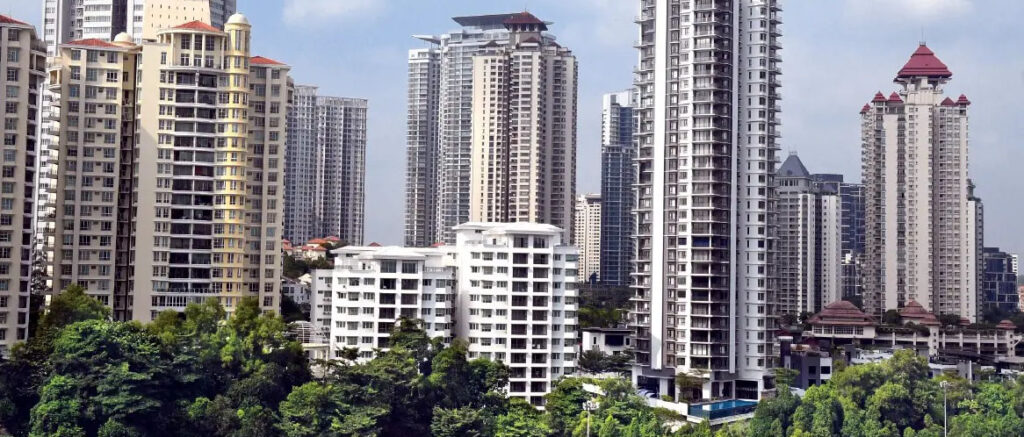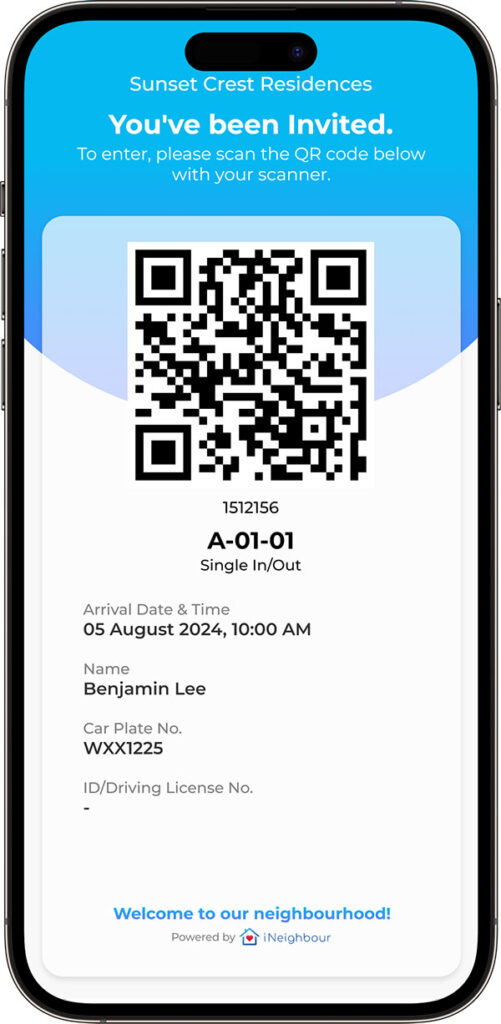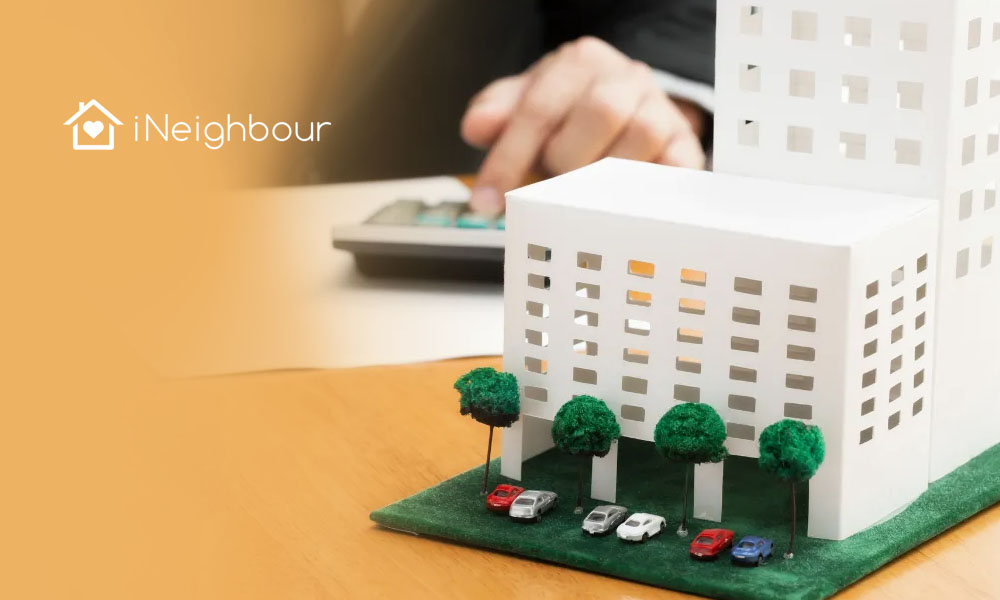
Introduction
Parking spaces are a hot commodity in Malaysia’s urban condominiums and apartments. With limited bays, some owners see an opportunity: renting out their parking lot to outsiders. But is this allowed under the Strata Titles Act 1985 and the Strata Management Act 2013 (SMA)?
This article explains the legal framework, highlights real-life practices in Malaysian condominiums, and shows how iNeighbour Smart Community System can help JMBs and MCs enforce parking lot restrictions efficiently.
Legal Perspective: What the Strata Laws Say
Ownership vs. Usage
- If the parking lot is an accessory parcel included in the unit’s strata title, the owner has ownership rights.
- However, under the SMA 2013, Third Schedule By-Laws, JMBs/MCs can regulate who gets access to protect safety, security, and order.
- In short: you may own the lot, but community rules decide whether outsiders can use it.
By-Laws and Community Rules
- Many JMBs/MCs introduce by-laws specifically prohibiting leasing of parking bays to non-residents.
- The objectives:
- Prevent uncontrolled entry of outsiders.
- Enhance resident safety.
- Ensure smoother traffic management.
- Once approved at a general meeting and registered, these by-laws are legally binding.

Common Practice in Malaysian Condominiums
Here’s how it usually plays out:
- Allowed: Renting to other residents or unit owners in the same development.
- Restricted: Renting to outsiders unless the JMB/MC approves it.
- Enforcement methods: Denying access cards, rejecting vehicle stickers, or imposing fines.
Case Example (Kuala Lumpur):
In a mid-range condominium near Cheras, the JMB passed a by-law banning non-resident rentals after discovering outsiders using residents’ lots for long-term storage of vehicles. This led to security risks and complaints from residents. The JMB enforced the rule by revoking access cards tied to unauthorized vehicles.
Case Example (Penang):
A luxury seafront condo allowed inter-resident rentals but prohibited outsiders. The MC created a rule where all vehicle registrations had to be tied to a unit number in the iNeighbour system. Outsiders were automatically treated as visitors with time-limited entry only.
Risks of Renting to Non-Residents
If a unit owner rents to an outsider without approval, the JMB/MC may:
- Revoke or suspend the vehicle access card/sticker.
- Block vehicle entry at the gate.
- Impose fines or penalties for breaching by-laws.
- In some cases, take legal action under the SMA.

How iNeighbour Smart Community System Strengthens Enforcement
While laws and by-laws provide the legal backbone, enforcement is often the tricky part. Manual enforcement is time-consuming and prone to disputes. iNeighbour solves this with digital enforcement tools:
1. Vehicle Access Control
- iNeighbour integrates directly with parking barriers and license plate recognition systems.
- Only vehicles approved and registered under a resident’s profile are granted access.
- Outsider cars are blocked unless the JMB/MC has explicitly approved them.
2. Transparent Digital Records
- Every bay and vehicle is logged in iNeighbour.
- JMB/MC can instantly identify who owns which bay and whether a vehicle belongs to a resident, tenant, or outsider.
3. Automated Approval Workflow
- If an owner tries to register an outsider’s car, iNeighbour flags it for JMB/MC review.
- This prevents unauthorized vehicles from slipping through the system.
4. Visitor vs. Resident Differentiation
- Outsiders can only be registered as visitors, not permanent residents.
- Visitors have time-based access rights — ensuring no permanent parking abuse.
5. Seamless Enforcement & Communication
- JMB/MC can issue digital notices, reminders, or fines through the iNeighbour app.
- This creates transparency and reduces face-to-face conflicts.
Real-World Benefits of iNeighbour in Parking Enforcement
- For Residents: Greater peace of mind knowing only legitimate residents and their tenants can use parking facilities.
- For JMB/MC: Easier enforcement without manpower-heavy manual checks.
- For Communities: Fairer usage of limited parking resources, improving harmony.
Case Study – Klang Valley Condominium
After integrating iNeighbour with its parking access system, one JMB discovered that 12 out of 180 bays were rented to outsiders without approval. Once flagged, the JMB revoked access and reissued clear rules. Resident satisfaction scores improved by 30% in the next survey.
FAQ: Parking Lot Rentals in Strata Properties (Malaysia)
Q1: Can I rent my parking lot to another resident?
Yes, in most cases, this is allowed, provided the JMB/MC records the arrangement.
Q2: Can I rent my parking lot to a non-resident (outsider)?
Usually no, unless the JMB/MC has explicitly approved it.
Q3: What happens if I still rent to a non-resident without approval?
The JMB/MC can revoke the access card, block the vehicle, impose fines, and in extreme cases, take legal action.
Q4: How does iNeighbour prevent unauthorized parking rentals?
By linking parking bays and vehicles to unit numbers, controlling gate access, and treating outsiders strictly as visitors.
Q5: Can JMB/MC create their own parking rules?
Yes, through by-laws passed at a general meeting and registered in compliance with SMA 2013.
Conclusion
While Malaysian strata laws give unit owners ownership rights over their parking lots, the community has the right to regulate how they are used. Most JMBs and MCs restrict rentals to non-residents for good reason: safety, security, and fairness.
With iNeighbour, JMBs/MCs don’t just rely on by-laws — they have smart digital tools to enforce rules consistently. From blocking unauthorized vehicles at the barrier to issuing digital notices and maintaining transparent records, iNeighbour turns parking enforcement into a secure, efficient, and transparent process.
03-8070 9933 | Email | www.i-neighbour.com | Interest Form
